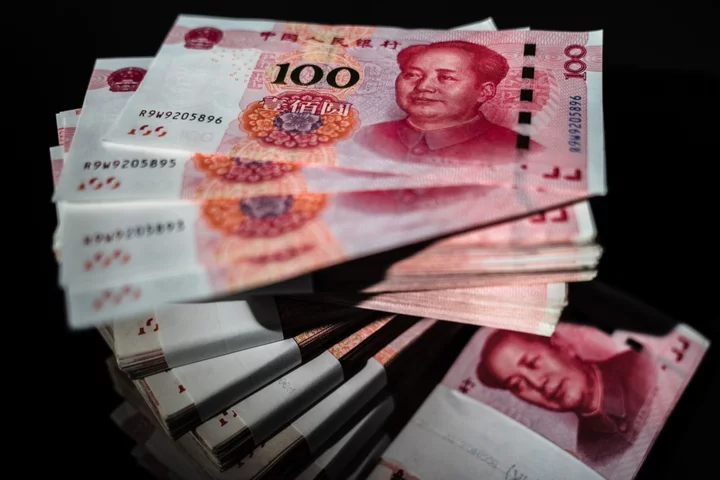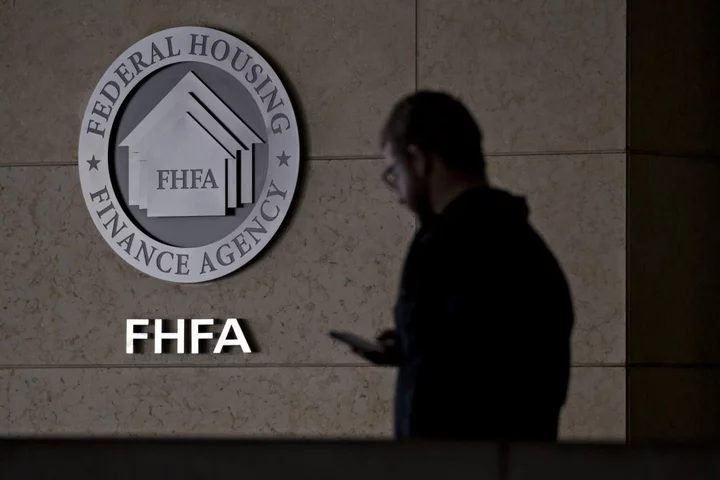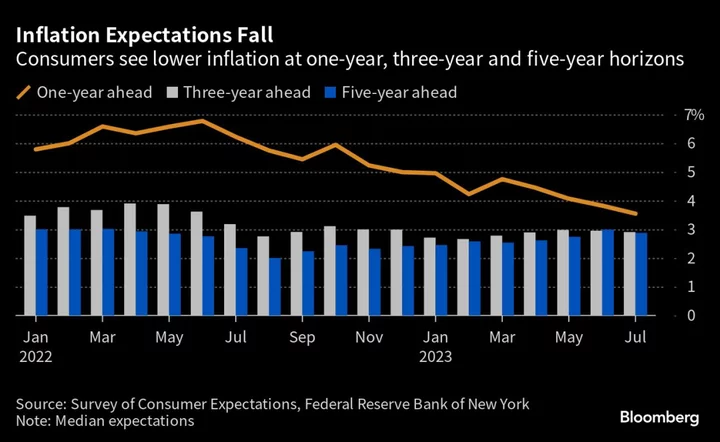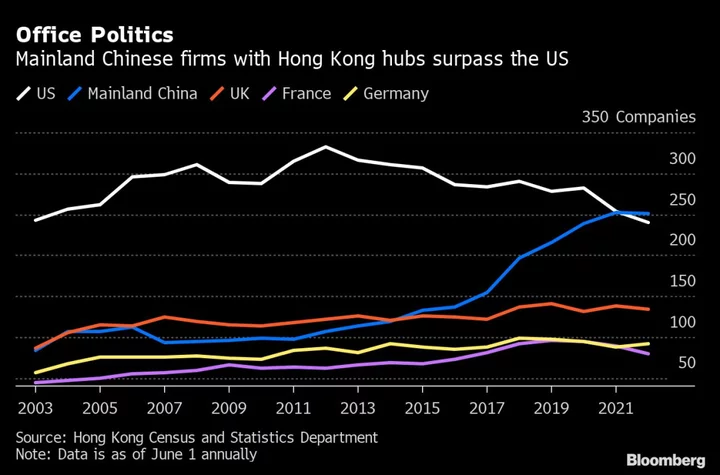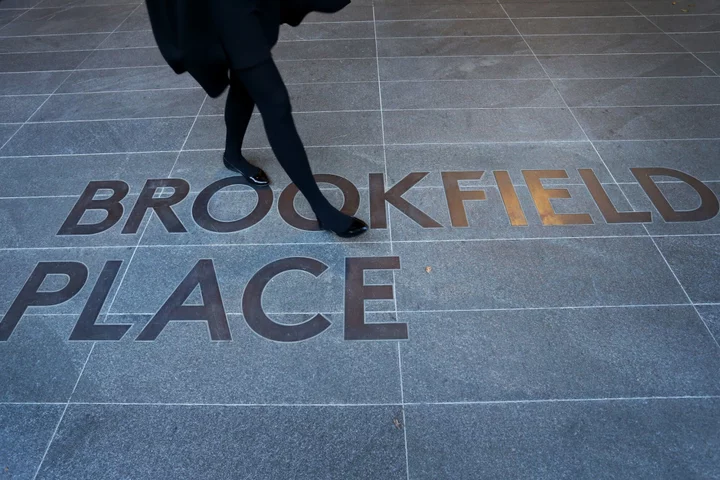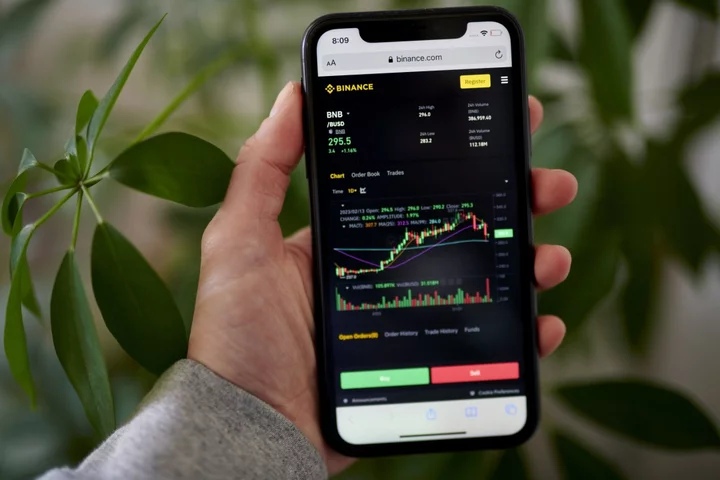One of China’s largest private wealth managers is triggering fresh anxiety about the health of the country’s shadow banking industry after missing payments on multiple high-yield products.
Three firms said late Friday they failed to receive payments on products issued by companies linked to Zhongzhi Enterprise Group Co., which has about 1 trillion yuan ($138 billion) in assets under management.
Investors are already on edge over concern about the health of China’s economy and financial markets. One of the nation’s largest developers, Country Garden Holdings Co., is on the brink of default, while loans extended by Chinese banks fell to the lowest level since 2009 last month.
Read more: Country Garden’s Losses Fan Fears on China Property Market
Chinese stocks slumped, with the CSI 300 Index extending its biggest loss since October, while the yuan weakened.
The missed payments are likely to add to concern over the health of China’s $2.9 trillion trust industry, which combines characteristics of commercial and investment banking, private equity and wealth management. Firms in the sector pool household savings to offer loans and invest in real estate, stocks, bonds, commodities.
The trust industry, once seen a safe place by wealthy Chinese to park their money for hefty returns, has over the past years been a growing concern for authorities who have sought to rein in its scope. The industry has been plagued by missed payments over the past years, in particular on investments related to real estate.
Read more: China Orders Surprise Audit of $3 Trillion Trust Industry
Nacity Property Service Co. and KBC Corp. first announced news of the delayed payments by Zhongrong International Trust Co. in statements Friday evening. KBC, a carbon products manufacturer, said in a statement to the Shanghai Stock Exchange that the delayed payments were tied to 60 million yuan invested with Zhongrong Trust.
Another listed company said on Friday that payments on one wealth product it bought from a Zhongzhi unit had become overdue this month and it will take legal measures to recover investment losses.
The National Financial Regulatory Administration, Zhongrong Trust and its parent Zhongzhi Group didn’t immediately respond to requests seeking comment.
Zhongrong Trust said it’s aware of forged letters being shared on social media saying the company is no longer able to operate and the firm has reported them to authorities, according to a statement on its website.
The trust company alone has 270 products totaling 39.5 billion yuan due this year, according to data provider Use Trust. The average yield on those products amounted to 6.88%, compared with the benchmark 1.5% one-year deposit rate paid by banks.
In one unverified letter being circulated on social media, a wealth manager at Zhongzhi apologized to his clients, saying the group’s wealth arms have decided to delay payments on all products since mid July. The incident involves more than 150,000 investors with outstanding investments totaling 230 billion yuan, according to the letter.
Zhongzhi, described by Chinese media Caixin as one of the premier private financial holding groups in China, was founded by Xie Zhikun. Xie grew the company into a financial giant whose business cuts across trusts companies, private equity and wealth management. He died of a heart attack in 2021.
The company is the second-largest shareholder of Zhongrong, with its ownership at around 33%. The conglomerate also holds stakes in five other licensed financial firms, including a mutual fund manager and two insurers, and invested in five asset management companies and four wealth units, according to its website. It also controls listed companies and owns 4.5 billion tons of coal reserves among its industrial operations.
Concern is growing over the health of the country’s property industry. Trust firms, including Zhongrong Trust and MinMetals Trust Co., have bought stakes in at least 10 real estate projects last year, betting that unfinished homes will eventually yield cash to pay off some of the $230 billion in property-backed funds they have issued to investors.
The CSI 300 Index was down 1.5% at 11:05 a.m. local time, while the Hang Seng China Enterprises Index tumbled 2.9%. The yuan was 0.3 weaker at 7.261 per dollar.

